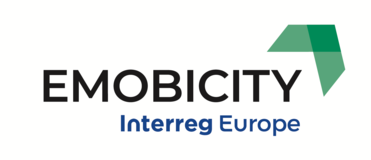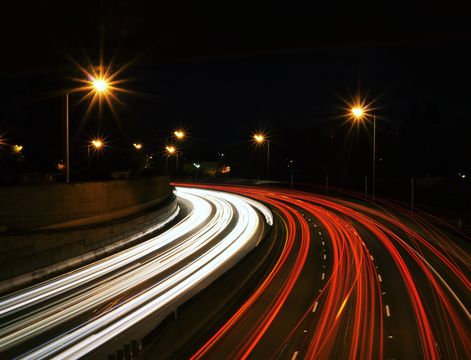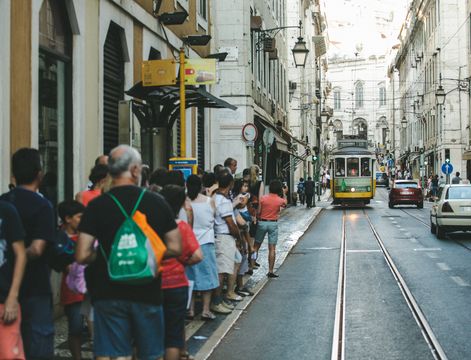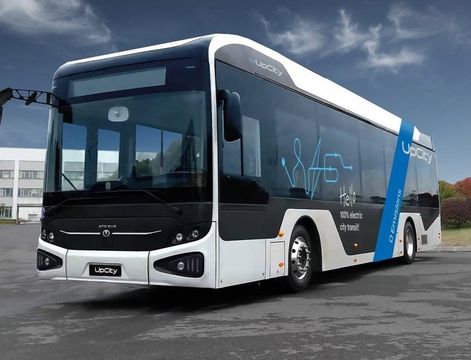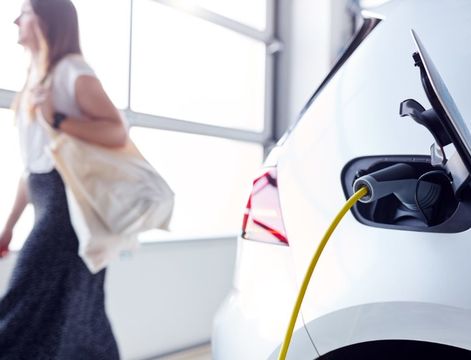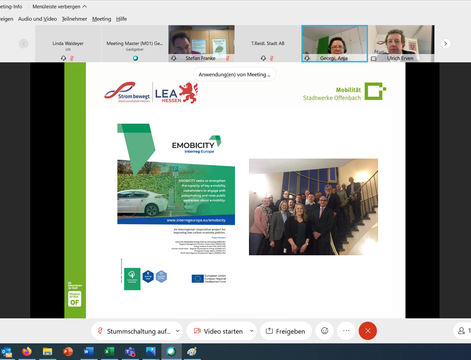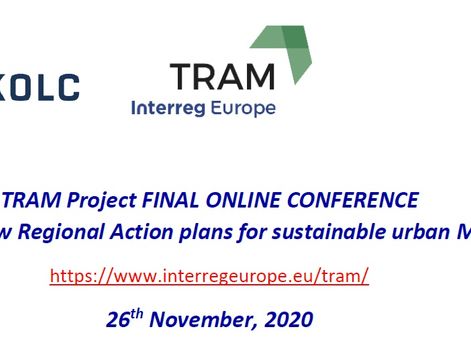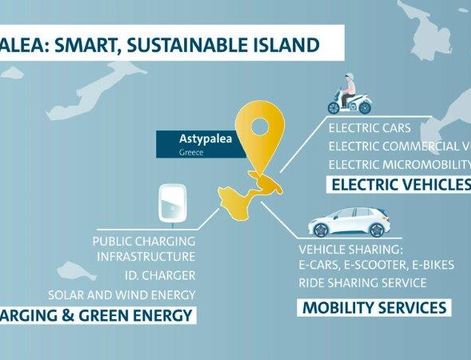Within the EMOBICITY project – “Increase of energy efficiency by Electric Mobility in the CITY”, the North-West Regional Development Agency is a partner, along with 4 other organisations from Greece, Portugal, Germany and Croatia.
More specifically , in Romania, the Regional Committee of Representatives (RCR) consists of representative actors from the region, specialised in the field of electric mobility, Local Public Authorities (APLs), associations (APIA-Association of Auto Producers and Importers), Universities (Technical University of Cluj-Napoca and Babes-Bolyai University), public transport companies in the municipalities of county residence and, last but not least, the regional producer of electric buses (ATP TRUCKS from Baia-Mare).
In the context of the thematic concentration of non-reimbursable financial resources towards the first two policy objectives: a smarter Europe and a greener Europe, 65 % to 85 % for 2021-2027, local public authorities in the North-West development region are very interested in purchasing clean (green) public transport and adopting policies to discourage the use of private cars for intra-municipal travel.
Thus, the first electric bus “Made in Romania” was presented in May on the occasion of specific events in the municipalities of Cluj-Napoca and Baia Mare. A prototype is currently included in a testing program by the transport company in Oradea.
The electric bus is manufactured in Baia Mare by the local company ATP Group and has a total of 83 seats, with optional partitioning solutions up to 90 seats. There are 26 seating positions and the current autonomy is 200 kilometres, with the possibility to extend up to 360 kilometres. Named by the manufacturer UpCity, the bus has three doors and low floors, according to European standards, to allow access for elderly people and people with disabilities.
These initiatives are important for municipalities in the Northwest region, as they have the possibility to test the technical characteristics of electric buses and can learn directly from the source the operating costs so as to prepare their urban mobility projects in advance and in detail.
So far, the municipality of Cluj-Napoca has acquired through projects financed by European funds: 40 electric buses, 24 trams and 50 trolleybuses. While purchasing clean public transport, the municipality created approximately 4 km of public transport lanes in the city centre, with the aim of reducing passenger travel time and encouraging its use at the expense of private cars.
Also, the municipality of Cluj-Napoca in partnership with the Public Transport Company adopted the program "GreenFriday – Stop! Today the car stands still. This program provides for free public transport on any line in the city, every Friday, both for residents of the municipality and for tourists.
These initiatives are set up with the aim of:
• to reduce chemical and noise pollution within the city;
• to decongest road traffic in the city;
• encourage the travelling public to use public transport;
• to reduce road accidents;
